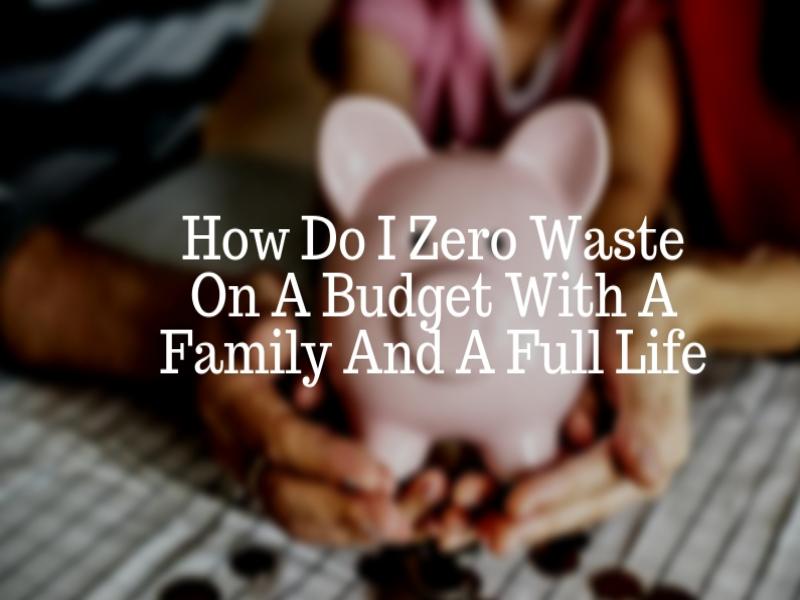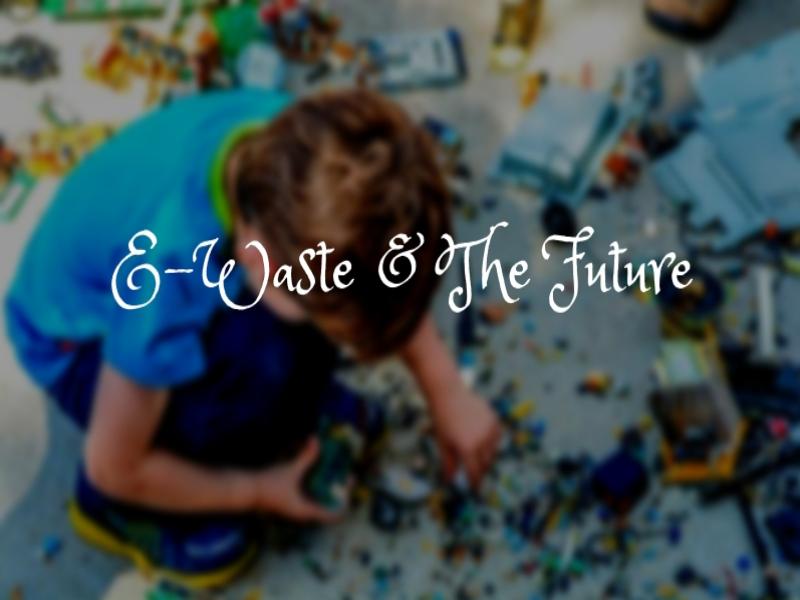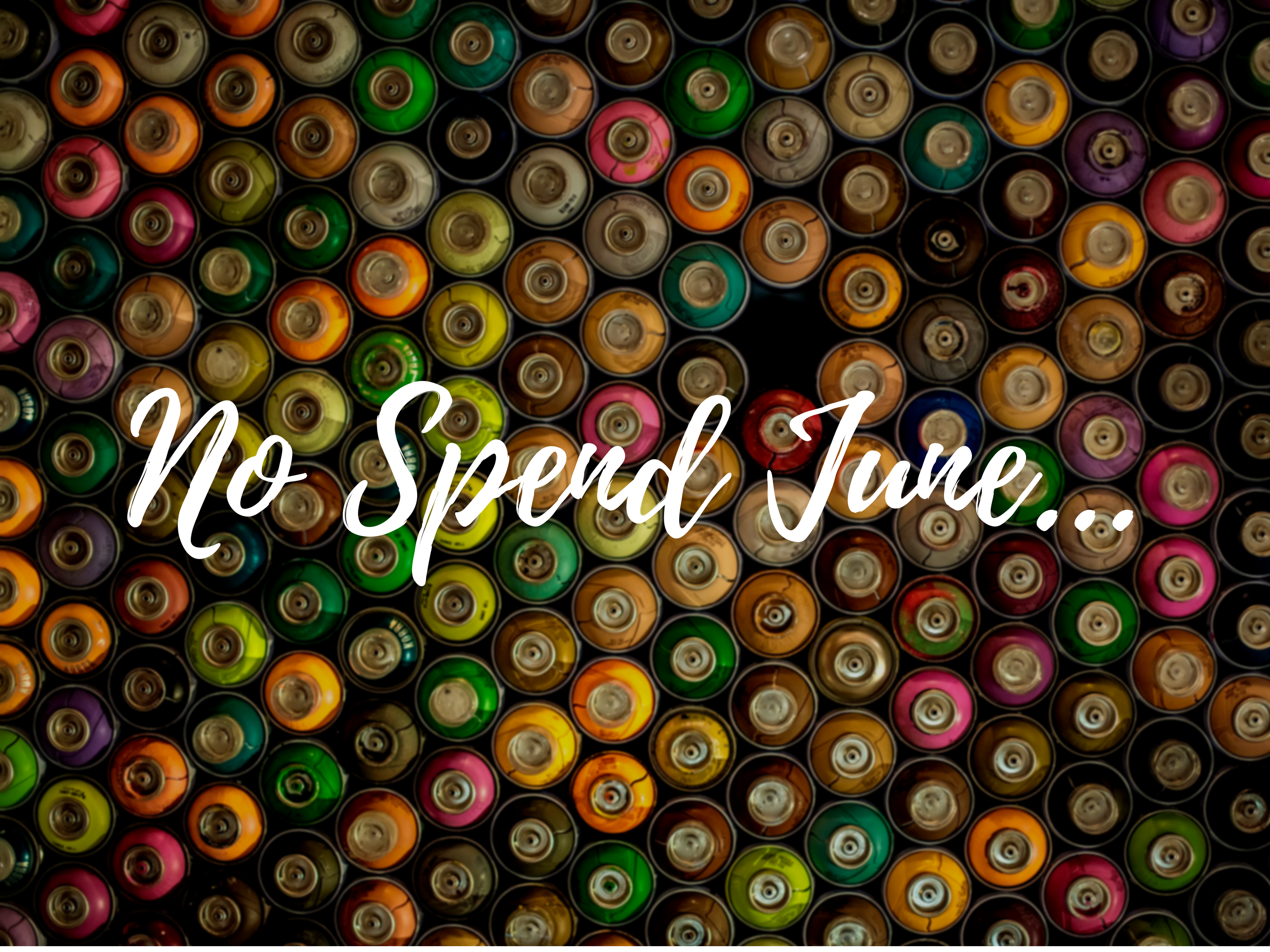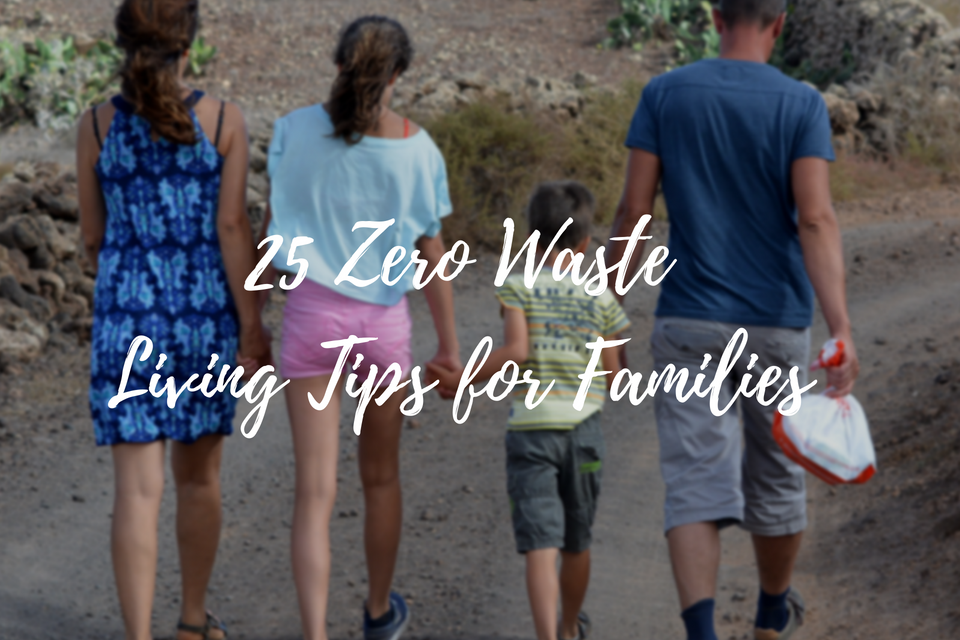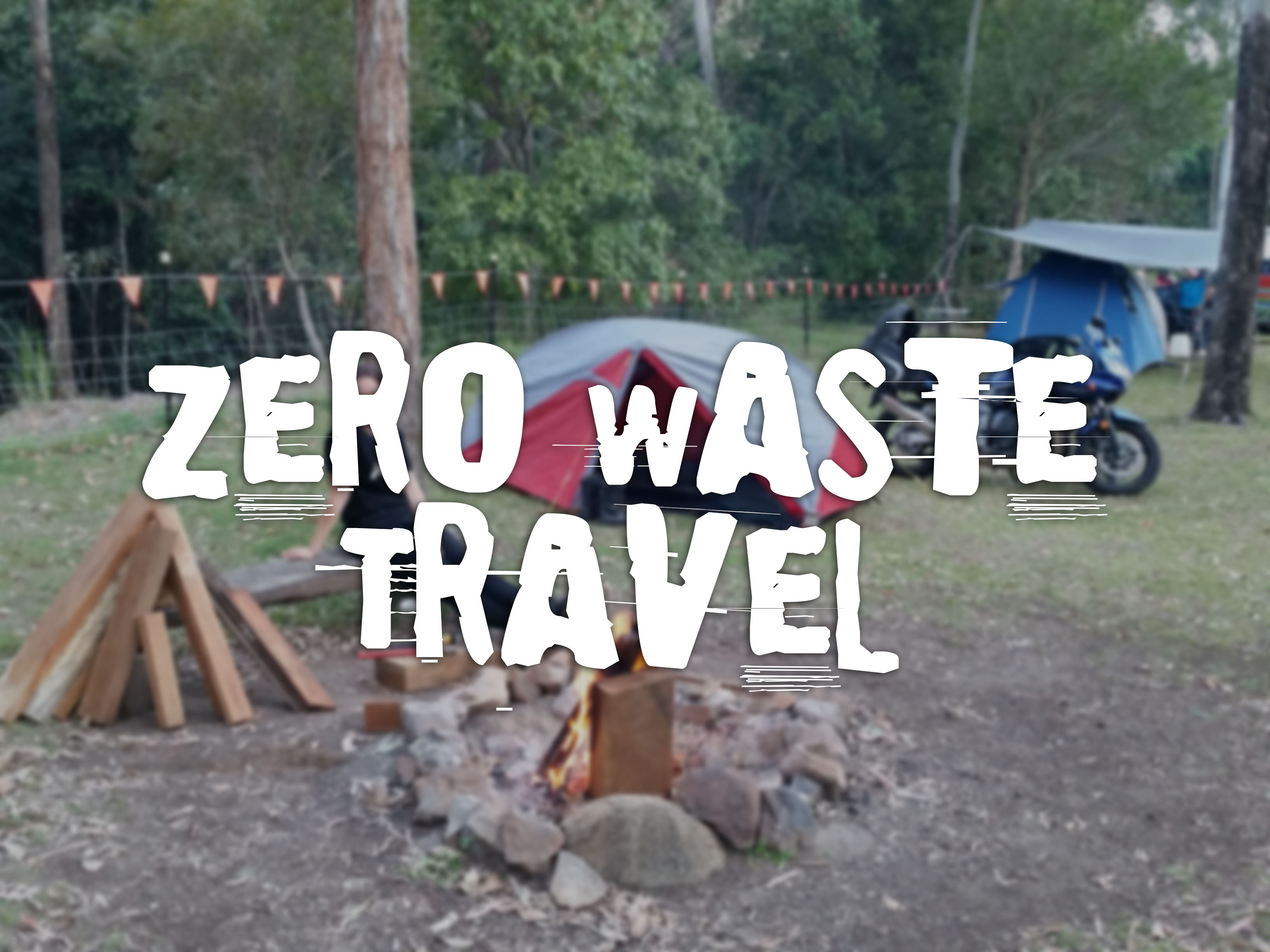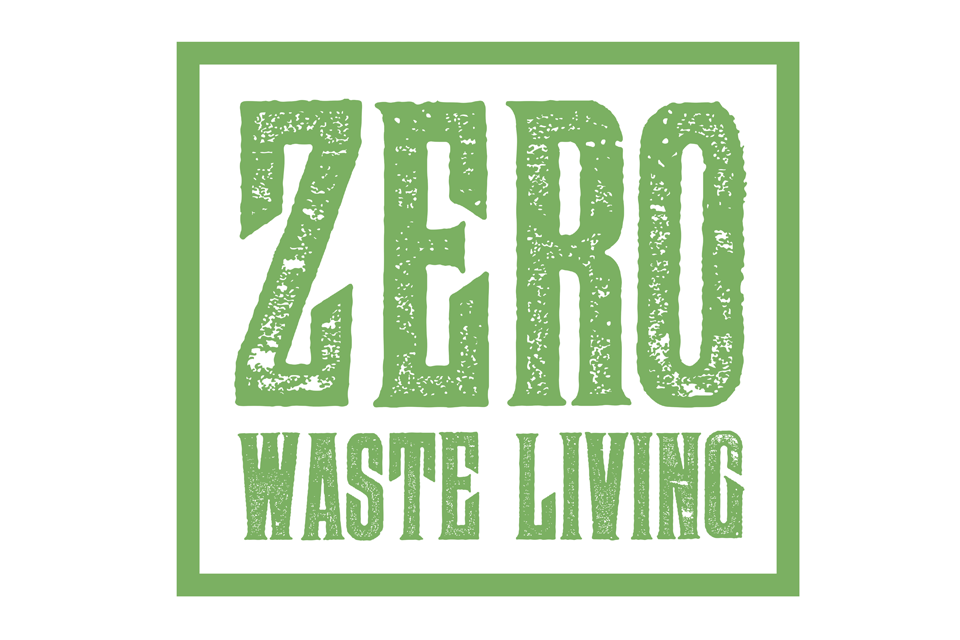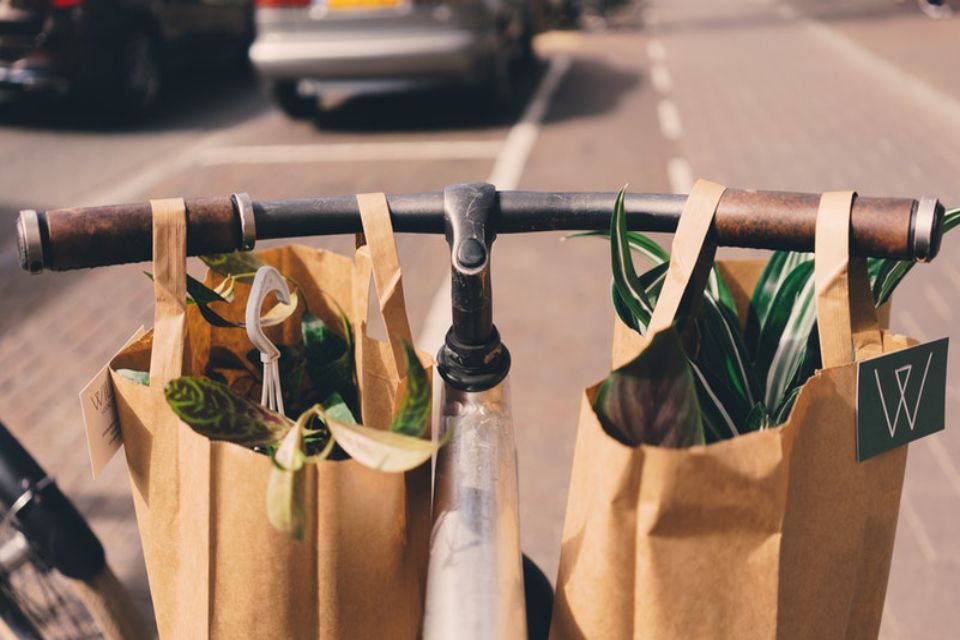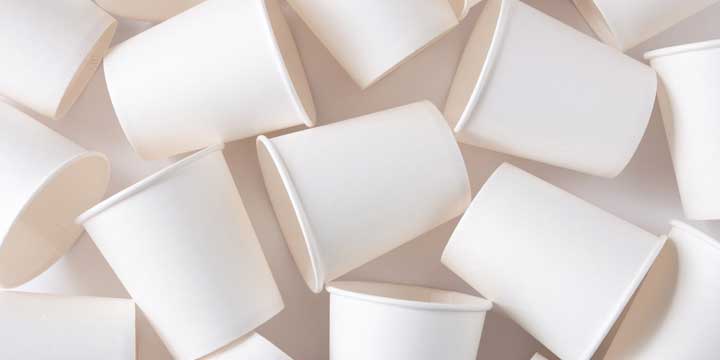How I do Zero Waste on a Budget with a Family & a Full Life…
A lot of you that follow me on Instagram expressed your interest in me writing this blog post so it’s my pleasure to oblige A Typical Day in our Home is as follows: 5:30am wake up at the latest (4:45 on Friday/Saturday’s as I open the cafe) Lunches / breakfasts prepared while I drink my tea Kids dressed & ready by 7:30am leaving them time to play/create/chill I’m out the door by 7:45am as I start at my family’s cafe at 8am, hubby does the school drop off run & heads straight to his office. Work til 12/1 depending on the day - bike home to get dinner started, eat lunch, spend 30mins or so with hubby if he is...
E Waste & The future
For all of you who were able to watch Episode 2 of the Second Series of War On Waste, how eye opening was it about Australia and our addiction to technology!!?? For those of you who know me, I’m one of “those people” who dislike technology - ironic that I’m using my phone to type this blog I know.. but that comes out of the fact that it’s the ONLY piece of technology I personally own...
NO SPEND JUNE…
I sit here on our 15 year old, perfectly comfortable couch - wearing my $3 op shopped Marvel hero’s Pajama pants (my son thinks I’m the coolest) I can smell the bread I’m baking, it’s almost ready so that my babies have fresh bread for the school day tomorrow, all whilst cuddling my Ginger, lemon & honey tea to warm my insides (its winter this week here in Australia) and I.AM.HAPPY...
25 Zero Waste Living Tips for Families
Becoming a zero-waste family is a lot easier than you might think it is. You don't have to make any huge moves to start changing your lifestyle. In fact, it's all about the little things. By making lots of small changes, you can cut down on how much waste your family products. Reduce, reuse and recycle as much as you can to create a zero-waste home. The actions themselves are super easy, but sticking to them is trickier. You need to be prepared to make a commitment if you want to make a difference. Use these 25 tips to cut back on waste and live more responsibly. 1/ Don't buy water Buying plastic bottles of water...
Day 43… The “No spend year”
Journey so far… AND SOME EXCITING NEWS…
How is it already half way through February?! Anyone else think that time is speeding up?
So today is payday![]() and when that day rolls around, normally most people go shopping
and when that day rolls around, normally most people go shopping ![]() …. Not this little black duck
…. Not this little black duck![]() …. Today marks day 43 in my second no spend year – the interesting thing is some days are super easy & some days I just want to spend every cent I’ve worked my backside off to have. Anyone else feel this way?
…. Today marks day 43 in my second no spend year – the interesting thing is some days are super easy & some days I just want to spend every cent I’ve worked my backside off to have. Anyone else feel this way?
Zero Waste Food Shopping (on a budget) and a little about us…
I work in a coffee shop right next door to a very busy supermarket. This gives me the opportunity to witness first hand the madness that is grocery shopping. PLASTIC IS EVERYWHERE!! They are now shrink-wrapping bananas !!!! What the??With the label “for your convenience” – how is it more convenient to have to unwrap the plastic off of an already perfectly naturally packaged item such as a banana?! Seriously, we as a society have become obsessed with plastic. So much so that they have predicted that by 2025 there will be more plastic than fish in our oceans!!! What the???!!
Disposable Coffee Cups
It is believed that Australians throw away around 1 billion disposable coffee cups each year, with 90 percent of disposable coffee cups end up in landfill. While many look like they’re made of paper, they contain plastic linings that don’t biodegrade. Disposable coffee cups are estimated to be the second largest contributor to litter waste after plastic bottles. With Australians’ growing love of coffee, without action the problem could become even worse....
Plastic Bag Waste in Australia
According to Clean Up Australia, it is estimated that Australians use 5 billion plastic bags each and every year. That equates to 20 million new plastic bags being used every day. Around 200,000 are sent to landfill every single hour. Plastic bags are a global problem, with millions ending up in the ocean each year. It’s not surprising that so many countries have sought to restrict plastic bag use by making retailers charge for each one they give to consumers, or even banning them completely....

